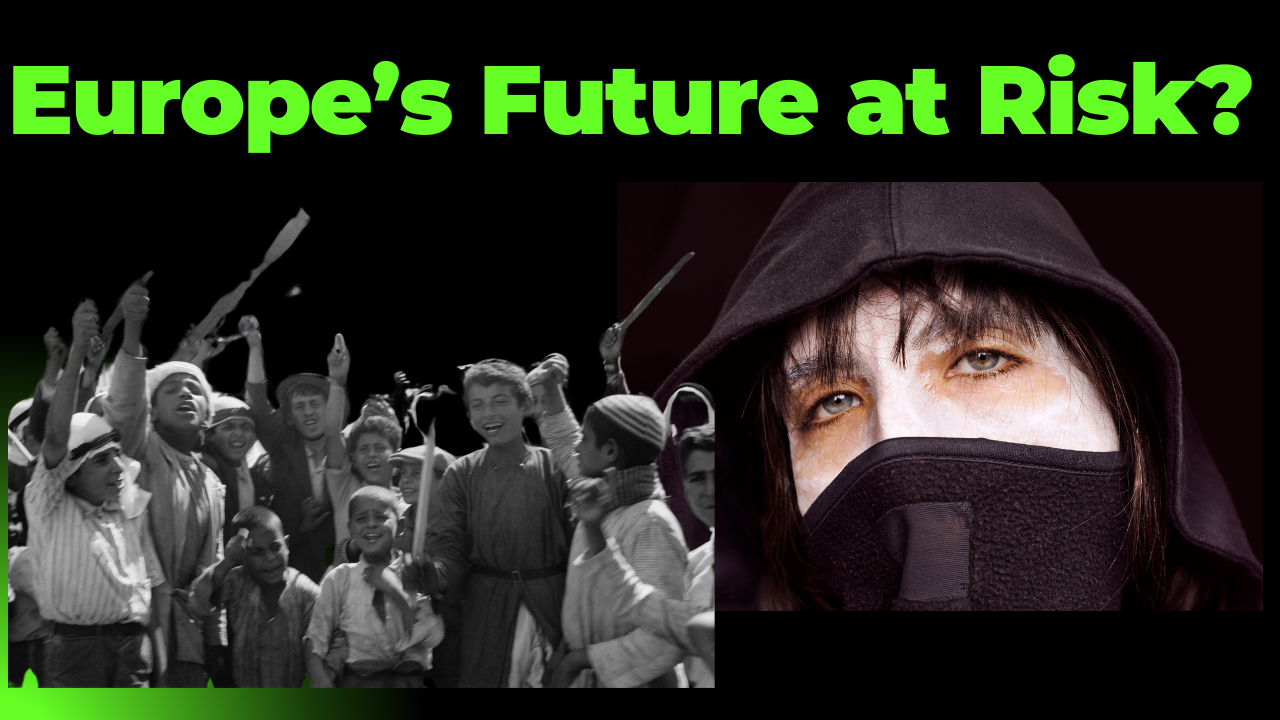In today’s rapidly evolving geopolitical and social landscape, democratic institutions and the cultural fabric of societies are facing unprecedented challenges. While democracy upholds the noble ideal of equal rights and representation, it can also become vulnerable to exploitation by groups with radical agendas. These groups often identify and leverage the weaknesses within democratic systems to further their own aims, threatening both national security and cultural integrity. In this blog, we explore practical and strategic measures that can be taken to safeguard a nation’s civilization and heritage.
Understanding the Challenges
Democratic institutions are designed with inherent checks and balances to ensure freedom and equality. However, these very mechanisms can be susceptible to manipulation. In nations where a significant portion of the population struggles with illiteracy or is preoccupied with survival and basic needs, vigilance about national and cultural security may not be a priority. This creates a fertile ground for individuals or groups with radical ideologies to infiltrate and shift societal norms in their favor.
Radical factions, as discussed in previous analyses, are adept at exploiting democratic loopholes—whether by fostering division, influencing policy, or building socio-political narratives that align with their goals. If left unchecked, these radical elements can overpower democratic institutions and erode the cultural identity of a nation.
Steps to Protect and Preserve

To counter such insidious threats, it is crucial to implement measures that strengthen democratic institutions, cultivate cultural awareness, and promote unity without compromising individual freedoms.
1. Strengthening Education and Critical Thinking
Education is the bedrock of a resilient society. By fostering an environment where critical thinking is valued and taught from an early age, societies can build a more informed and discerning populace. Educational reforms should focus on:
- Civics and History: Emphasizing national history, civic duties, and the importance of democratic values helps instill a sense of pride and awareness in the populace.
- Media Literacy: Teaching individuals to critically evaluate information helps reduce susceptibility to propaganda and extremist narratives.
2. Promoting Social Cohesion and Inclusivity
Radical movements thrive on division. Policies and community programs that foster understanding and unity among different cultural and religious groups are essential. Encouraging dialogue, cultural exchange programs, and community-building initiatives can create bridges that counteract polarizing rhetoric.
3. Regulatory Oversight on Foreign Influence
Radical agendas are often supported by external funding and influence. Democracies must implement robust oversight on foreign investments and associations with political, educational, and religious organizations. This can include:
- Transparency Laws: Requiring organizations to disclose funding sources and affiliations helps prevent covert influence.
- Monitoring of Extremist Networks: Ensuring that security agencies have the resources to identify and counter radical networks without infringing on civil liberties.
4. Empowering Grassroots Movements
While top-down measures are crucial, grassroots movements play an equally vital role in preserving cultural integrity. Community leaders, non-profit organizations, and local influencers can amplify messages that promote national unity and protect cultural heritage.
5. Strengthening Institutional Integrity

Democratic institutions must remain resilient and impartial to resist co-optation by radical interests. This requires:
- Judicial Independence: Ensuring that courts remain free from political influence preserves the rule of law.
- Media Accountability: Promoting unbiased reporting and holding media outlets accountable for spreading disinformation.
6. Balanced Policy-Making
Policymakers must strike a balance between safeguarding freedoms and protecting national security. Laws targeting hate speech, incitement to violence, and other forms of extremist behavior should be enforced without disproportionately affecting individual rights. Policies should be inclusive yet vigilant, ensuring that the democratic process is not exploited.
Reinforcing National Identity

A nation’s culture is a powerful unifier. Promoting cultural awareness through art, literature, language preservation, and traditional practices can help reinforce a collective identity that is resistant to radical narratives. This can be achieved by:
- Cultural Education: Incorporating local customs and traditions into school curricula.
- Public Celebrations: Supporting festivals and events that highlight national heritage.
Vigilance as a Civic Duty

Finally, it is important for every citizen, regardless of educational background or social status, to understand that vigilance is a shared responsibility. Civic engagement and awareness campaigns can bridge the gap between survival-based concerns and a collective effort to protect national security and cultural integrity
Conclusion: A Call to Action
Democracy’s strength lies in its adaptability and the active participation of its citizens. To safeguard a nation’s civilization and cultural fabric, it is imperative to implement measures that counter radical influence while nurturing unity and resilience. Through education, policy, community engagement, and a commitment to democratic principles, societies can protect their heritage and ensure that democracy remains a force for good in an increasingly complex world.


